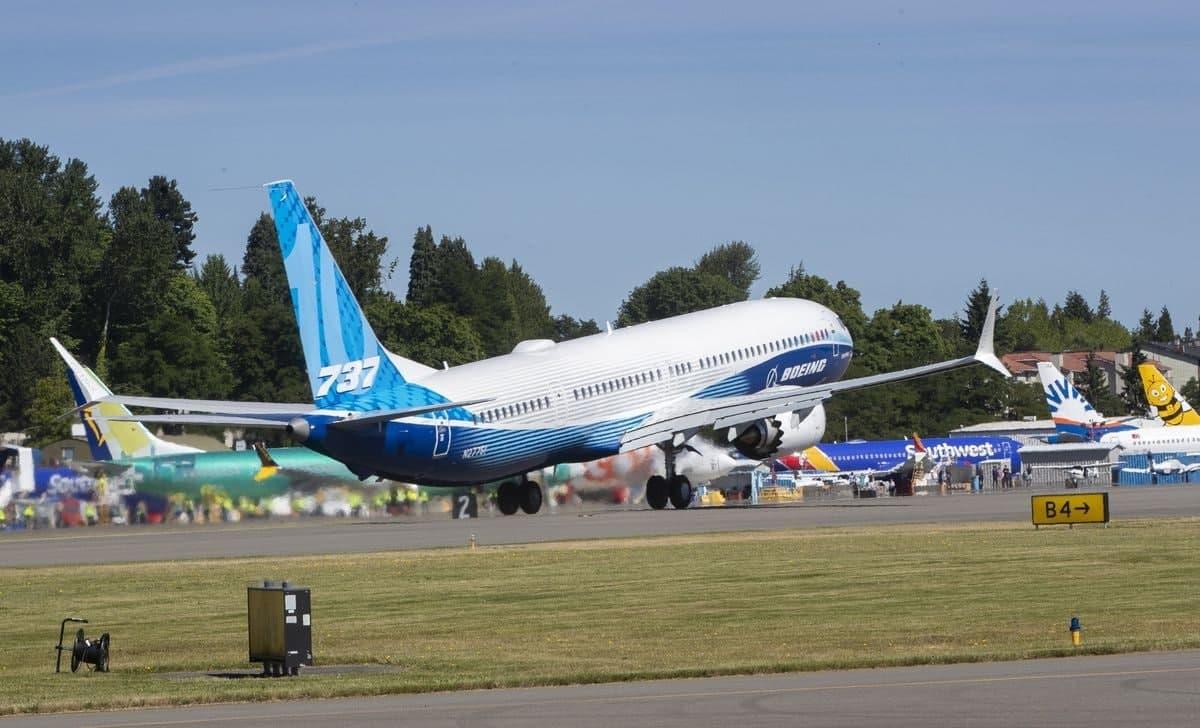NEW YORK, June 18 (AFP) - The newest version of Boeing's 737 MAX made its first test flight over Washington state on Friday (Jun 18), just months after the plane returned to service following a worldwide grounding after two fatal crashes.
Boeing said the 737 MAX 10 departed Renton, Washington at 1707 GMT into clear skies, flew over the central part of the state and landed about two-and-a-half hours later in Seattle.
"The airplane performed beautifully. The profile we flew allowed us to test the airplane's systems, flight controls and handling qualities, all of which checked out exactly as we expected," Chief Pilot Jennifer Henderson said in a statement.
The mid-range jet initially was targeted to enter commercial service in 2020, but the timeframe slipped during the MAX's 20-month grounding, and the delay was compounded by the aviation industry downturn caused by Covid-19.
Boeing currently projects commercial deliveries of the MAX 10 will commence in 2023. Between now and that time, there will be additional test flights, as well as back-and-forth between the company and regulators at the US Federal Aviation Administration.
"The 737-10 is an important part of our customers' fleet plans, giving them more capacity, greater fuel efficiency and the best per-seat economics of any single-aisle airplane," said Stan Deal, president and CEO of Boeing Commercial Airplanes.
The jet was first announced at the Paris Air Show in June 2017, when company officials played up its larger size, calling it the "industry's most efficient, profitable, single-aisle airplane." The jet was positioned as a rival to Airbus' A321neo in the single-aisle category.
The 737 MAX 10 can carry as many as 230 passengers, according to Boeing. The plane maker has been gradually increasing the seating capacity since the 737 MAX 7, which had between 138 and 153 seats.
The new plane is longer but has less flying range than earlier versions, employing a Leap-1B engine, which is constructed by a joint venture of GE Aviation and Safran Aircraft.
The MAX was grounded worldwide in March 2019 after two fatal crashes killed 346 people.
US regulators approved the jet to resume service in November 2020, and most other major civil aviation bodies followed suit.
Since that time, Boeing has resumed new deliveries of the MAX and announced new contracts with several leading carriers.
